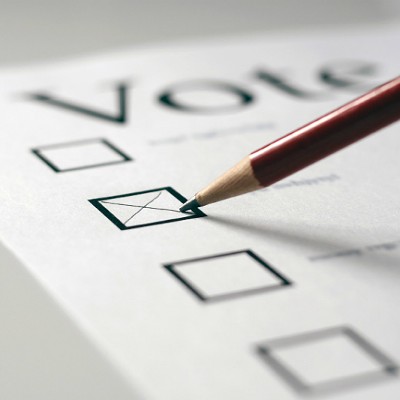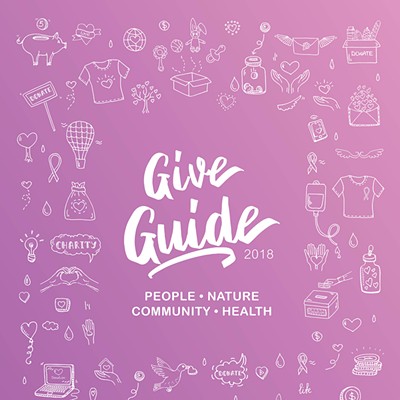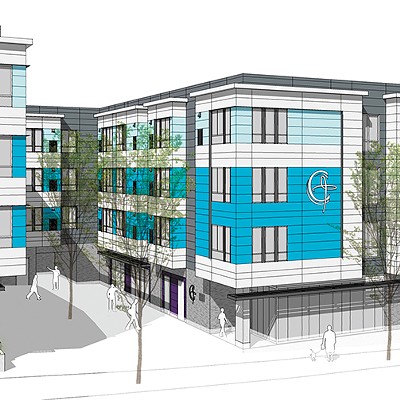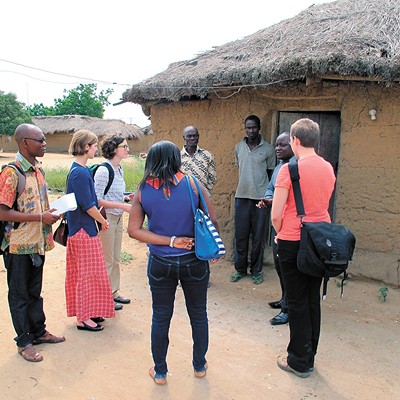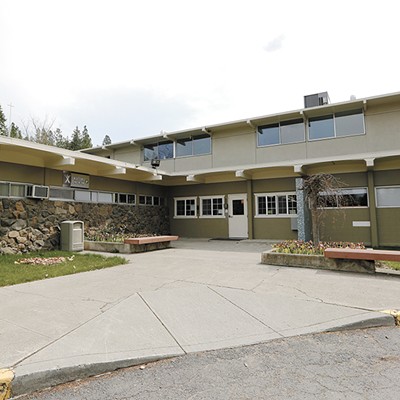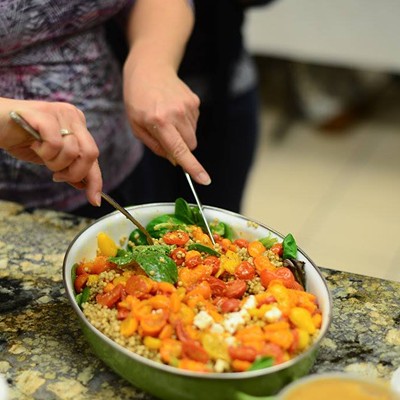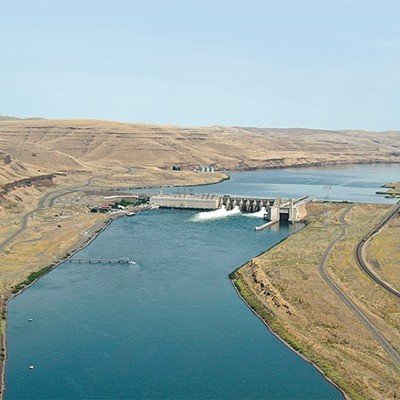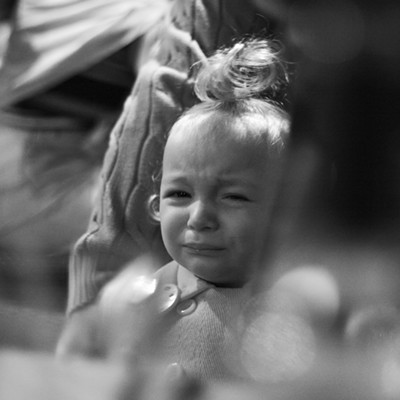Last year, World Relief Spokane reached an impressive milestone: 10,000 refugees resettled in the area.
Since 1989, the nonprofit has been one of many other organizations in the Spokane area, such as Lutheran Community Services, that works with immigrants and refugees.
World Relief helps refugees navigate the processes and systems necessary to be successful in America, such as health care, education, employment and housing. The organization also has a legal team that can help them get a green card or assist with bringing family members into the country, says Mark Finney, the director of World Relief Spokane.
Likewise, Lutheran Community Services Northwest offers outpatient behavioral health counseling, including some specialized focus on treating the complex trauma refugees can experience. Lutheran Community Services also places unaccompanied minors with foster families.
Both organizations employ refugees themselves to help with this work.
Zainab Abd, an Arabic-speaking peer support specialist for Lutheran Community Services, offers a familiar face for those who come here from the Middle East.
Jackson Lino, the church and community engagement coordinator with World Relief, points to the Neema Choir, a group of about 20 refugee children who perform throughout the community, as one of his proudest accomplishments.
Both Abd and Lino play major roles in helping refugees get acclimated to life in the U.S., similar to the ways they were helped when they first arrived.
Here are their stories:
Several people shuffle in and out of Zainab Abd's downtown office each day with questions: How do I get a driver's license? How do I get a credit card? How do I know which can of tuna is for cats and which is for people?
As a refugee from Baghdad herself, Abd remembers what it was like to try to navigate a totally unfamiliar place. She says the language barrier is the hardest for new refugees to overcome.
Abd arrived in the U.S. in 2013 after spending six years as a refugee in Syria. She fled from Baghdad with her four children and her husband in 2007, because the war created a dangerous environment, she says.
Abd says she witnessed two explosions near a mosque in 2005. She momentarily lost her hearing, and as the dust settled, she says she saw blood and body parts in the street. One man was carrying his guts as he walked away.
Then in 2006, she says the militia kidnapped her husband and some other men who were helping to build a base for the American military. She says he was tortured and left for dead on a highway, but thanks to his sister, who is a nurse, he survived.
"We didn't take him to a hospital," Abd says. "That would have been very dangerous because they would know. His sister is a nursing specialist, and she treated him at home."
Shortly after her husband recovered, the family left for Syria, intending to return someday. But the Syrian civil war prompted them to apply for visas in the U.S. — a process that took six years.
While Abd was in Syria, she worked for an agency doing work similar to what she's doing now for Lutheran Community Services.
One major difference, she says, is how mental health issues are treated in the Middle East.
"In the Middle East they don't have as much information about [mental health]," she says. "They have this idea that if I'm diagnosed with mental health [issues], that means I'm crazy. So we try to help these people with skills and teach them, but at the same time we try to support them mentally."
Jackson Lino arrived in the U.S. at age 13 from Sudan with his siblings and aunt and uncle. His parents were killed when he was only 2. He didn't speak any English and had never attended a school.
He says as a child in Sudan, he was enslaved as a child soldier, and witnessed horrific violence and murder.
"That really traumatized me, to see people dying," Lino says. "You're running and looking behind you and you see people falling or someone tied up and dragged down the road and see their flesh coming off. I'm almost 30 now, and I try to forget, but it's not something I've forgotten."
Neither has he forgotten the love and support from the people with World Relief when he first arrived in Boise as a young child. It's those acts of kindness that drive the work he does today.
Similar to Abd, Lino helps refugees navigate their daily lives. People ask for help with banking and buying homes and cars. Sometimes they need to be taught rules and cultural norms, such as how to act around someone of the opposite sex, he says, or that you're not supposed to leave the stove on when you leave the house.
One of the projects Lino is most proud of is the Neema Choir. Not only has the choir brought families of these children together, it also brings refugees closer to members of the community. And that's a major part of Lino's job — helping refugees share their stories and integrate into the larger community.
One day, he says, he wants to be the director of a World Relief office. But he's discouraged by the declining number of refugees currently admitted to the U.S.
Finney, the director of World Relief Spokane, says the numbers began declining after President Donald Trump's travel ban, restricting those from some Muslim-majority countries from entering the U.S. For example, Finney says, August is usually a busy month, with as many as 80 resettlements in Spokane. So far they've only had 14. Last month they resettled four people and only one in June.
"That's really heartbreaking because there are people in our world who are needing comfort and safety," Lino says. "So for America to turn its back on humanity is very sad. I'm not a very political person, but I know that America is great, and I know it can do better."♦






